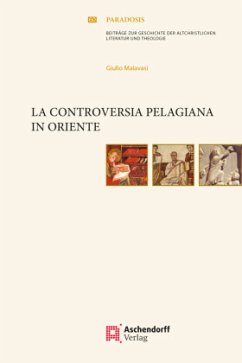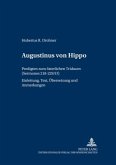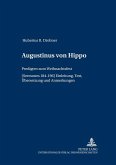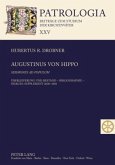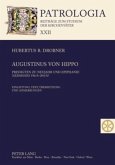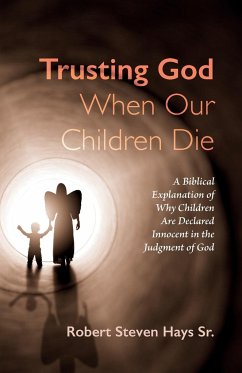Questo volume analizza la parentesi orientale della controversia pelagiana (411-431). La prima parte prende in esame le modalità con cui Pelagio, Celestio e Giuliano d'Eclano, i principali membri del movimento pelagiano, sono stati accolti o respinti dai vescovi orientali. Infatti, è solo con il concilio di Efeso (431) che il pelagianesimo è diventato un'eresia diffusamente condannata in Oriente. La seconda parte si concentra sui polemisti anti-pelagiani latini residenti in Oriente, come Girolamo, Orosio e Mario Mercatore. Tramite il confronto tra la loro polemica anti-pelagiana e quella di Agostino, si è dimostrato che opporsi al pelagianesimo non ha significato necessariamente condividere in pieno la teologia agostiniana.This volume analyzes the Eastern theater of the Pelagian controversy (411-431). The first part examines how Pelagius, Caelestius, and Julian of Aeclanum (the main protagonists of the Pelagian movement) were received by different Eastern bishops during the controversy. As will be seen, it was only at the Council of Ephesus (431) that Pelagianism became a heresy condemned widely in the East. The second part of this study turns to the Latin anti-Pelagian polemicists living in the East (e.g., Jerome, Orosius, and Marius Mercator). By comparing their anti-Pelagian efforts with Augustine's, it will be shown that opposing Pelagianism did not necessarily require a full embrace of Augustinian theology.
Bitte wählen Sie Ihr Anliegen aus.
Rechnungen
Retourenschein anfordern
Bestellstatus
Storno

